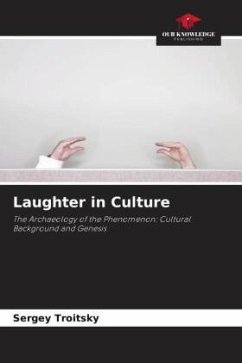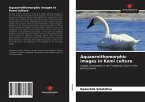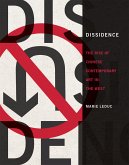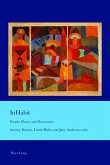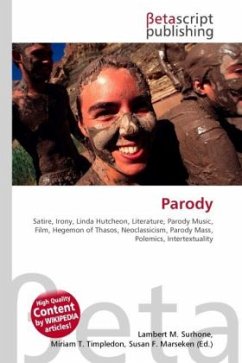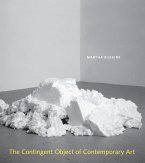For many centuries laughter has been of great interest to researchers, although there is still no theory of laughter that suits everyone. As a rule, laughter is perceived as an element marginal to culture, although since the mid-20th century there have been attempts to describe the influence of laughter on cultural processes and to describe its place in tradition. The monograph "Laughter in Culture" attempts to summarize scattered empirical data and describe the formation and genesis of laughter in culture. The reconstruction of the worldview context is of great importance for the description of the meaning of laughter for cultural tradition. For this purpose historical and cultural methodology combining dialectical, dialogical and hermeneutical principles of cultural reality characterization is used, as well as socio- and historical-cultural modeling and socio-philosophical methods including typological and structural and functional approaches. The "genetic method" of studying the elements of culture is widely used in the work. The book is intended for specialists in the field of helology, culturologists, cultural historians and all those interested.
Bitte wählen Sie Ihr Anliegen aus.
Rechnungen
Retourenschein anfordern
Bestellstatus
Storno

